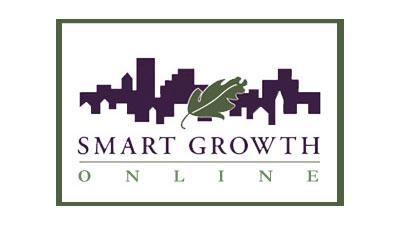
Smart Growth Online
The Smart Growth Network works to encourage development that boost the economy, enhance community vitality, and protect the environment.
Accelerating resiliency planning in communities across the Commonwealth

The Smart Growth Network works to encourage development that boost the economy, enhance community vitality, and protect the environment.
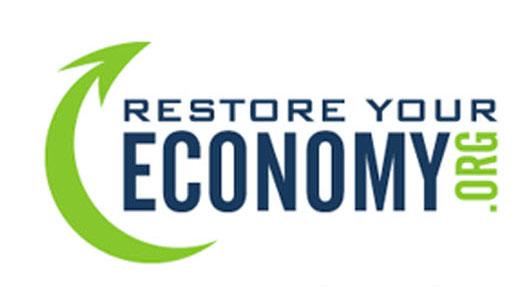
RestoreYourEconomy.org provides resources and best practice information for public and private stakeholders seeking to rebuild their local economies after a disaster as well as assisting the business community in preparing for a disaster.
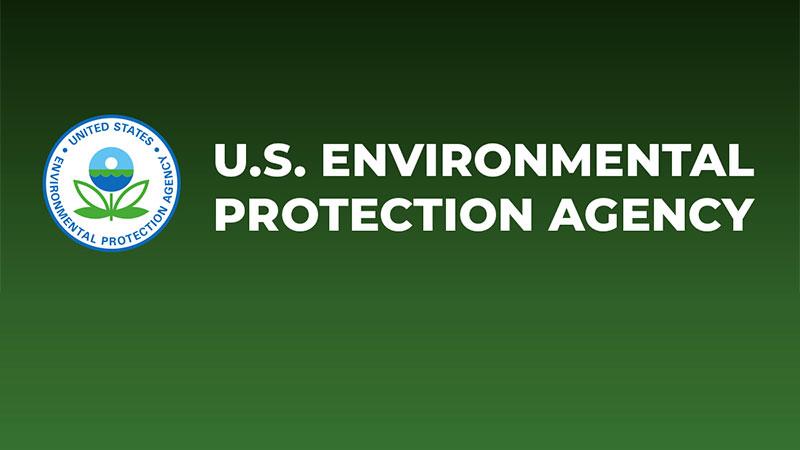
The Resilient Strategies Guide for Water Utilities helps identify planning priorities, vulnerable assets, potential adaptation strategies, and available funding sources.
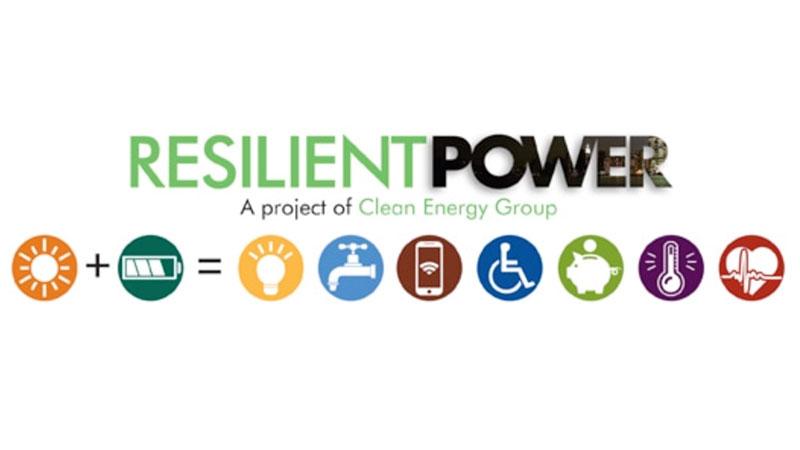
The Resilient Power Project’s goal is to advance clean energy equity and build energy security in critical community facilities.
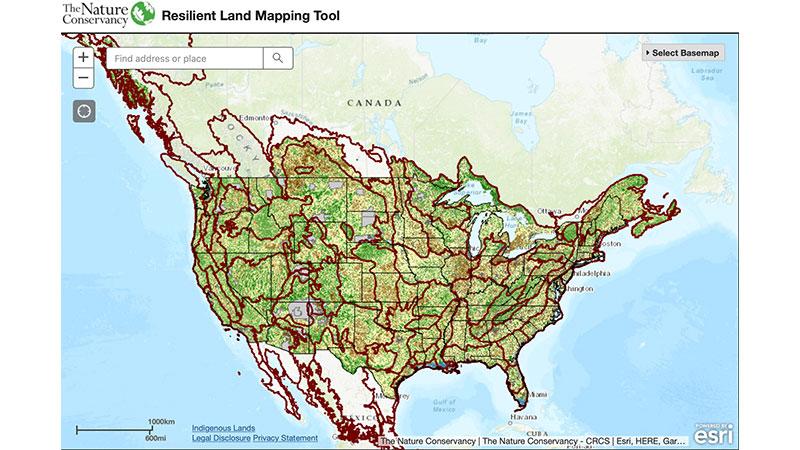
The Nature Conservancy’s (TNC) Customized Resilient and Connected Network (RCN) represents a version of the national dataset that has been reviewed and augmented by science and conservation staff in each of TNC’s seven North America Divisions.
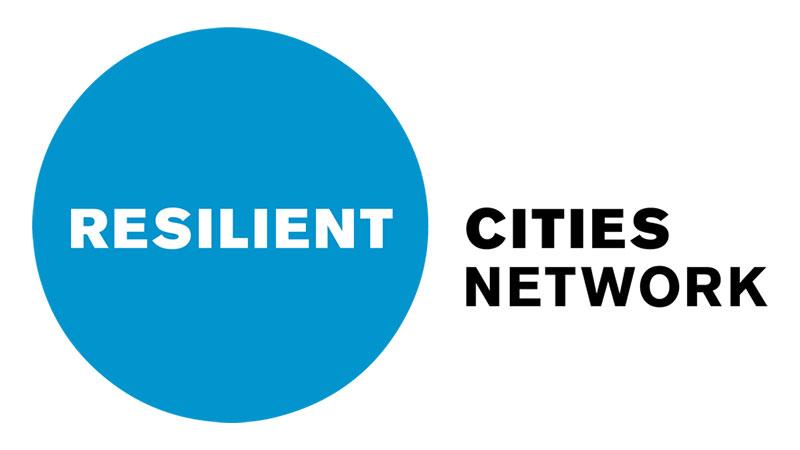
The Resilient Cities Network consists of member cities and Chief Resilience Officers from the 100 Resilient Cities program, started by the Rockefeller Foundation. This network engages city leaders, communities, and the private sector to enable transformational change in cities through support of resilience plans and early implementation of projects.
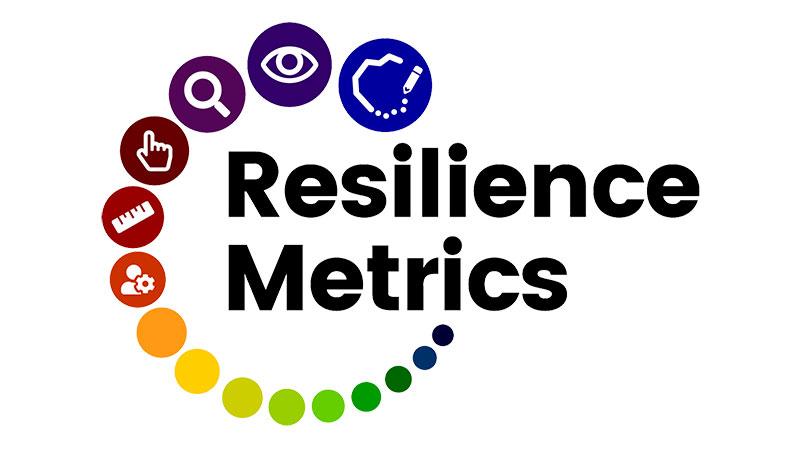
The information, tools, and resources offered here address preparedness, adaptation, and resilience-building for a changing climate. This resource explains what “adaptation success” looks like and how to track progress toward it, and offers ways to think and use tools to help find tailored answers.
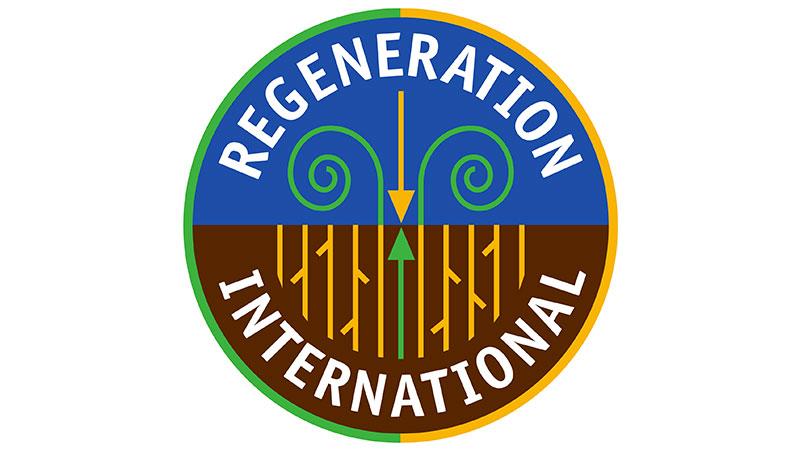
Regeneration International (RI) promotes, facilitates, and accelerates the global transition to regenerative food, farming and land management for the purpose of restoring climate stability, ending world hunger, and rebuilding deteriorated social, ecological, and economic systems.
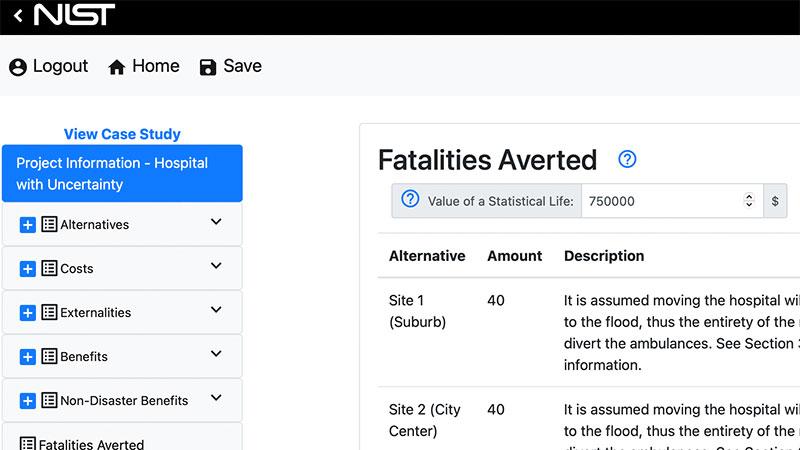
NIST’s Economic Decision Guide Software tool can be used to select cost-effective community resilience projects.

The Smart Growth Network works to encourage development that boost the economy, enhance community vitality, and protect the environment.

RestoreYourEconomy.org provides resources and best practice information for public and private stakeholders seeking to rebuild their local economies after a disaster as well as assisting the business community in preparing for a disaster.

The Resilient Strategies Guide for Water Utilities helps identify planning priorities, vulnerable assets, potential adaptation strategies, and available funding sources.

The Resilient Power Project’s goal is to advance clean energy equity and build energy security in critical community facilities.

The Nature Conservancy’s (TNC) Customized Resilient and Connected Network (RCN) represents a version of the national dataset that has been reviewed and augmented by science and conservation staff in each of TNC’s seven North America Divisions.

The Resilient Cities Network consists of member cities and Chief Resilience Officers from the 100 Resilient Cities program, started by the Rockefeller Foundation. This network engages city leaders, communities, and the private sector to enable transformational change in cities through support of resilience plans and early implementation of projects.

The information, tools, and resources offered here address preparedness, adaptation, and resilience-building for a changing climate. This resource explains what “adaptation success” looks like and how to track progress toward it, and offers ways to think and use tools to help find tailored answers.

Regeneration International (RI) promotes, facilitates, and accelerates the global transition to regenerative food, farming and land management for the purpose of restoring climate stability, ending world hunger, and rebuilding deteriorated social, ecological, and economic systems.

NIST’s Economic Decision Guide Software tool can be used to select cost-effective community resilience projects.
The Lincoln Institute of Land Policy’s Consortium for Scenario Planning is hosting its ninth annual conference February 4–6, 2026, at the University of Utah in Salt Lake City, Utah. Cohosted by the Lincoln Institute, the…
Resilient Virginia Collaborative Alliance Agriculture Working Group monthly meeting. Anyone is welcome to join the conversation!
RVCA Agriculture Working Group
Thursday, October 23 · 11:00am – 12:00pm
Time zone: America/New_York
…
Resilient Virginia’s 2026 Resiliency Academy is a 10-session webinar series designed to help communities understand change, reduce risk, and build long-term resilience using practical, systems-based, and equity-centered approaches.
Virginia is facing growing challenges from sea-level rise, recurrent flooding, extreme heat, and economic disruption—making coordinated resilience planning more essential than ever.
Beginning in 2026, Resilient Virginia will launch the Resilience Foundations Certificate Program, a first-of-its-kind professional development initiative that brings together leaders from government, business, academia, and community organizations to advance systems-level resilience across the Commonwealth.
The Power of Partnership … Spotlight On Webinar Series … Resilience Certificate Survey … Interactive StoryMaps Advance Climate Equity … RVCA Updates … Tackling Emerging Contaminants Water Technical Assistance … Closing America’s Wastewater Access Gap Initiative … Firewise Virginia Community Hazard Mitigation Grant Program … more.
VCU RISE has launched interactive StoryMaps to highlight environmental justice issues in Charles City County, Emporia, and Richmond. Learn how these equity-focused tools blend local data, maps, and community stories to support planning, resource access, and climate resilience.